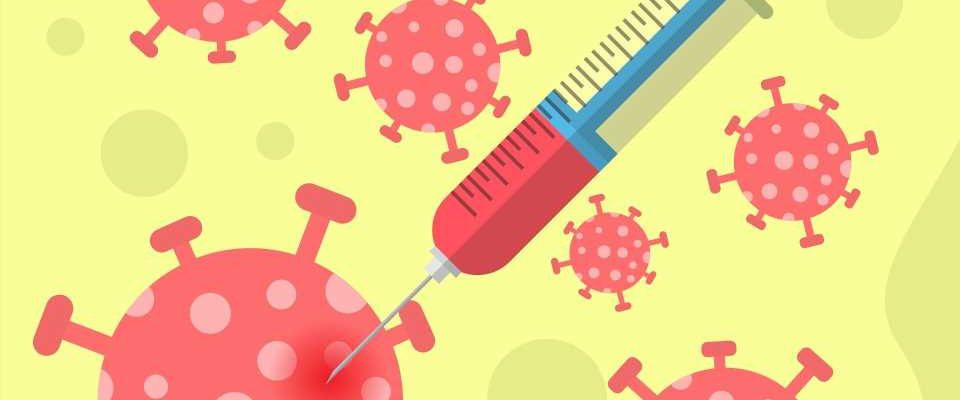New study shows common antibody therapy has anti-SARS-CoV-2 antibodies

Researchers at the University of Texas Medical Branch recently confirmed the presence of neutralizing antibodies to SARS-CoV-2 in a common subcutaneous antibody therapy (Hizentra) used to treat immunocompromised or immunodeficient patients, citing its protective benefits to the immunocompromised patient community. The findings were recently published in the Journal of Allergy and Clinical Immunology.
An immune deficiency can be a result of a variety of factors, including a genetic disorder or the medication a patient takes. That can leave a patient with a weakened immune system that is unable to fight off infection.
Patients with immunodeficiency diseases are often treated with therapeutic immunoglobulin, an antibody therapy that provides those with weakened immune systems or other diseases the antibodies they need to fight off infections. To evaluate the presence of SARS-CoV-2 antibodies in a currently available commercial treatment, researchers at UTMB analyzed samples of therapeutic immunoglobulin and were able to identify both the presence and active function of SARS-CoV-2 antibodies.
“My daughter is an immunodeficiency patient, and it was the immunoglobulin samples from her treatment we used in the study,” said Aaron Miller, lead author of the journal article and assistant director of the Assay Development Service Division Laboratory at UTMB. “Patients and caregivers of the immunodeficiency community would be happy to learn the results of our study. The presence of neutralizing antibodies has value for future immunoglobulin-based modalities and is of clear benefit to this patient population.”
Source: Read Full Article
